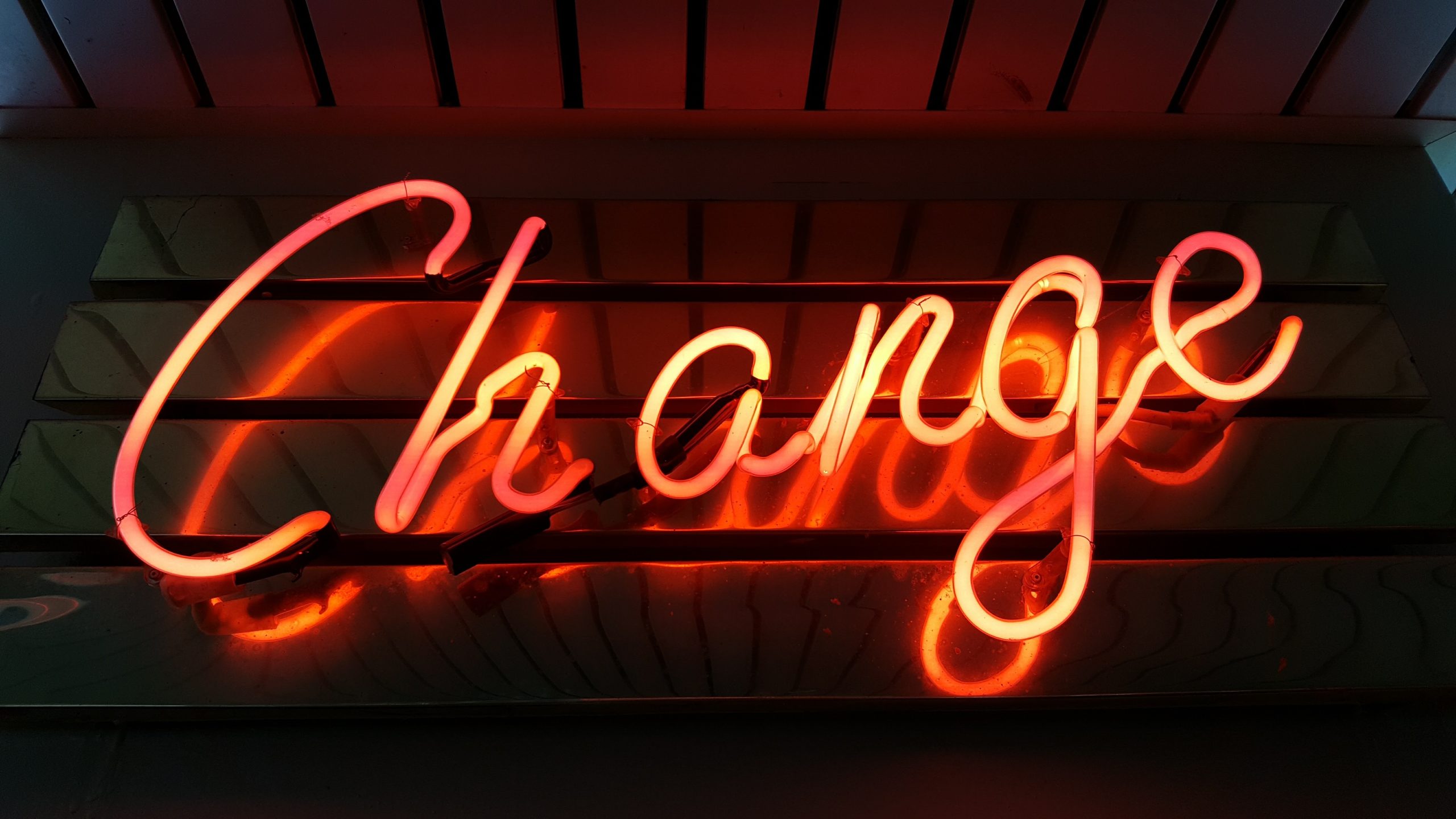Ouija Board Jury: A Controversial Tool for Justice?
When it comes to the criminal justice system, cases are typically decided by a jury of peers. These individuals are expected to be unbiased and objective, using their collective knowledge and understanding of the facts to make informed decisions. However, what if there was another method of jury selection that could tap into the supernatural realm? Enter the Ouija board. In this blog post, we will explore the concept of the Ouija board jury, its controversial nature, and the potential implications it may have on the pursuit of justice.
What is a Ouija Board?
Before delving into the concept of a Ouija board jury, it is important to first understand what a Ouija board actually is. The Ouija board is a flat board marked with letters of the alphabet, numbers, and various other symbols. It is accompanied by a planchette, or a small hand-held device, typically made of wood or plastic, which is used to spell out messages from spirits.
The Ouija board is often associated with the paranormal and is used as a tool to communicate with the spirit world. Participants place their fingers on the planchette and ask questions, hoping for the planchette to move and provide answers. The movement of the planchette is believed to be guided by spirits, with the participants acting as conduits for this communication.
The Controversy of the Ouija Board
While some individuals believe in the Ouija board’s ability to connect with the spirit world, others view it as nothing more than a parlor game or a product of the subconscious minds of the participants. The controversy surrounding the Ouija board lies in its lack of scientific evidence to support its claims.
According to experts, the planchette’s movement on the Ouija board is often attributed to the ideomotor effect, a psychological phenomenon where subconscious movements are made without conscious awareness. This means that the participants are unknowingly moving the planchette themselves, rather than it being guided by spirits.
Given this skeptical perspective, the idea of using a Ouija board as a tool for legal decision-making is met with significant doubt and criticism. However, as we explore the concept of a Ouija board jury, it is important to delve into its potential impacts on the justice system.
The Ouija Board Jury: An Alternative to the System?
Advocates of the Ouija board jury argue that this unconventional approach could provide a fresh perspective on criminal cases, free from the biases and limitations of the human mind. They claim that spirits, if they truly exist, may possess knowledge beyond what is accessible to the ordinary individual.
Proponents argue that a Ouija board jury could potentially tap into this supernatural knowledge, offering a more objective insight into the facts of a case. Additionally, they suggest that the use of a Ouija board could transcend language barriers, as spirits are not limited by human linguistic constraints.
However, critics of the Ouija board jury vehemently oppose this concept, citing the lack of scientific validity and the potential for manipulation and deception. They argue that basing legal decisions on messages received through a Ouija board is akin to endorsing pseudoscience and superstition.
Furthermore, the Ouija board is often associated with fictional horror stories and has long been a subject of skepticism and fear. The idea of incorporating it into the criminal justice system is deemed as absurd and potentially damaging to the notion of justice itself.
Legal Implications and Challenges
Even if one were to entertain the idea of a Ouija board jury, there are significant legal implications and challenges that need to be addressed. The current legal system is built upon principles of evidence, cross-examination, and the right to a fair trial.
Introducing a Ouija board as a means of gathering evidence could bring into question the reliability and admissibility of such information. How would the authenticity and accuracy of the messages received be determined? How could one ensure that the spirits communicating through the Ouija board are trustworthy sources of information?
The practicality of incorporating a Ouija board into the courtroom is also a major concern. Ensuring that the process is fair and efficient would be a significant challenge. How would the planchette movements be recorded and translated into written messages? How would multiple spirits expressing conflicting viewpoints be handled?
Moreover, the potential for manipulation and fraud is a serious concern. It would be easy for individuals to claim connections with spirits and manipulate the outcomes to serve their own agendas. This would ultimately undermine the integrity of the legal process.
The Role of Science and Skepticism
While discussions around the Ouija board jury may seem intriguing, it is important to remember the importance of scientific rigor and skepticism when it comes to matters of justice.
The scientific method provides a framework for establishing reliable knowledge and separating fact from fiction. Without empirical evidence supporting the existence of spirits or their ability to communicate through Ouija boards, it is difficult to justify incorporating such a tool into the legal system.
Ultimately, the pursuit of justice should be grounded in evidence, reason, and objectivity. Although the idea of a Ouija board jury may captivate the imagination, it is essential to prioritize the integrity and reliability of the legal process.
Conclusion
The concept of a Ouija board jury is undoubtedly a controversial one, balancing between the supernatural and the rational. While its proponents argue for its potential benefits, critics question its legitimacy and scientific foundation.
Ultimately, the legal system operates on a foundation of evidence, reason, and impartiality. Introducing a tool like the Ouija board, without substantial scientific validation, undermines the principles upon which justice is built.
As captivating as the idea may be, the Ouija board remains a parlor game, far from a reliable method for making decisions in the courtroom. It is important for society to remain grounded in scientific understanding and uphold the principles that ensure fair and impartial justice for all.
Table of Contents
